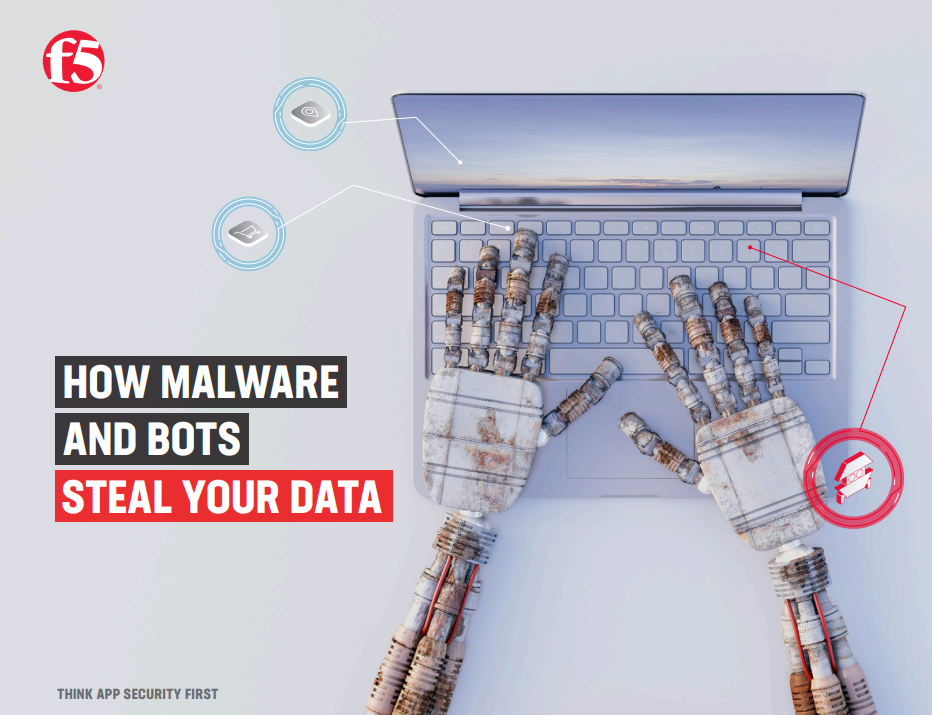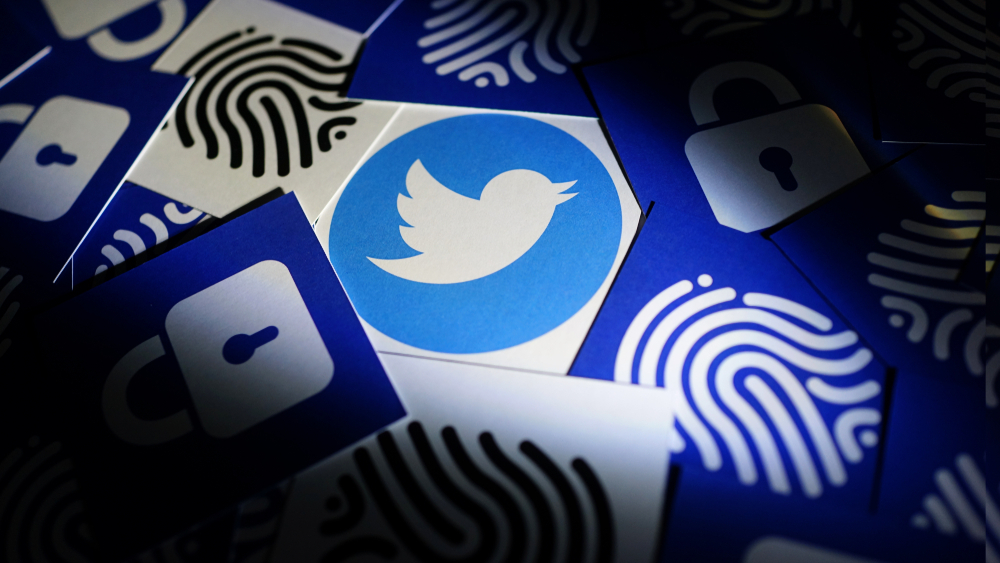The Twitter hack, and why we need a better class of criminal
The bitcoin scammers’ biggest crime isn’t fraud - it’s lack of imagination


This week, the tech world was rocked by a hack that saw multiple prominent Twitter accounts hijacked and used to spread a coordinated message. Accounts belonging to the likes of Bill Gates, Elon Musk and even Barack Obama were taken over, and the impact was so severe that Twitter was forced to ban all verified users (me included) from tweeting until they sorted everything out.
While I’m sure that being unable to tweet would be classed as cruel and unusual punishment by some of my fellow journalists, it’s no surprise that Twitter clamped down as hard as it did: This constitutes a major breach and has come at a time when Twitter is a more powerful communications tool than possibly anything else on the planet. The platform has been used to announce global foreign policy, crash stock prices and even fuel revolutions.
So what did the attackers do with near-unfettered access to the virtual mouthpieces of the world’s most influential people? They tried to flog a Bitcoin scam.
The sheer lack of creativity is almost mind-boggling; here is a group that found itself with the power to rewrite economies or start wars at a stroke, and used it to try and fleece people for cryptocurrency.
What’s worse is it wasn’t even a good scam. If you’ve spent any length of time on Twitter, you’ll almost certainly have seen similar efforts floating around, often from dummy accounts made to look like those of celebrities. The fact that this one came from genuine accounts evidently lent it enough credibility to trick users out of more than $120,000 in bitcoin, but it was hardly sophisticated.
The possibilities of such an opportunity are almost limitless; leaving aside the potential for political manipulation (say, by endorsing a particular viewpoint or political candidate), a coordinated ‘pump and dump’ scheme would have been child’s play to execute, and would have made the perpetrators a hell of a lot more money than $120,000. All they would have needed to do is invest in a cheap stock, tweet out endorsements of said stock from accounts like Jeff Bezos, Kanye West and Joe Biden, and then cash out once the stock inevitably skyrocketed.
RELATED RESOURCE

Even if they did want to rely on untraceable cryptocurrencies as their payment method, their offer to double any cryptocurrency sent to the target address was transparently bogus, whereas framing it as a promise to double any crypto-based donations to the COVID-19 relief effort, for example, would have been much more plausible coming from high-profile political and business leaders.
Get the ITPro daily newsletter
Sign up today and you will receive a free copy of our Future Focus 2025 report - the leading guidance on AI, cybersecurity and other IT challenges as per 700+ senior executives
Of course, as we discussed on this week’s episode of the IT Pro Podcast, the crypto scam may have merely been a smokescreen, and the DM records of victims may well have yielded a veritable treasure trove of information that could be used to compromise other accounts or to carry out blackmail in the future.
The most interesting omission was that of the Tweeter-In-Chief, US president Donald Trump. He would have been a goldmine for this type of scam, but was omitted from the list of victims. The logical explanation is that Twitter has ring-fenced his account, with only a handful of employees permitted to access or modify it – a rule that was presumably enacted after a departing employee deactivated Trump’s account in 2017.
Amidst all this, I’m reminded of simpler times, when hackers would use their skills not simply to siphon money from the gullible but to advance genuinely-held ideals, or even simply to amuse themselves with mischief. The advent of cyber crime as a legitimate large-scale revenue stream may have put paid to the days of hackers as harmless tricksters, but at the very least, it would be nice to feel like they’re at least putting some effort in.
Indeed, reports on this latest incident indicate that the perpetrators may simply have paid off a Twitter employee to give them access to internal tools, and between that and the growing trend of ransomware as a service, it seems that even cyber thieves are now outsourcing their work. Hackers may be criminals, but if they’re going to steal from us, is it too much to ask that they at least take a little pride in their work?
Adam Shepherd has been a technology journalist since 2015, covering everything from cloud storage and security, to smartphones and servers. Over the course of his career, he’s seen the spread of 5G, the growing ubiquity of wireless devices, and the start of the connected revolution. He’s also been to more trade shows and technology conferences than he cares to count.
Adam is an avid follower of the latest hardware innovations, and he is never happier than when tinkering with complex network configurations, or exploring a new Linux distro. He was also previously a co-host on the ITPro Podcast, where he was often found ranting about his love of strange gadgets, his disdain for Windows Mobile, and everything in between.
You can find Adam tweeting about enterprise technology (or more often bad jokes) @AdamShepherUK.
-
 Bigger salaries, more burnout: Is the CISO role in crisis?
Bigger salaries, more burnout: Is the CISO role in crisis?In-depth CISOs are more stressed than ever before – but why is this and what can be done?
By Kate O'Flaherty Published
-
 Cheap cyber crime kits can be bought on the dark web for less than $25
Cheap cyber crime kits can be bought on the dark web for less than $25News Research from NordVPN shows phishing kits are now widely available on the dark web and via messaging apps like Telegram, and are often selling for less than $25.
By Emma Woollacott Published
-
 Twitter API keys found leaked in over 3,200 apps, raising concerns for linked accounts
Twitter API keys found leaked in over 3,200 apps, raising concerns for linked accountsNews Business and verified Twitter accounts linked to affected apps are at risk of takeover, use in malicious campaigns
By Rory Bathgate Published
-
 Media and telco consortium calls for social media regulation
Media and telco consortium calls for social media regulationNews Companies including Channel 4, BT and the BBC urge the government to place firms like Facebook under greater oversight
By Adam Shepherd Published
-
 Twitter alerts users after squashing password revealing internal bug
Twitter alerts users after squashing password revealing internal bugNews The company is advising users to reset their passwords 'in the interests of caution'
By Adam Shepherd Published
-
 Twitter freezes accounts in the wake of password leak
Twitter freezes accounts in the wake of password leakNews Company requests password resets as security measure
By Adam Shepherd Published
-
 Twitter blocks US intelligence agencies from Dataminr alerts
Twitter blocks US intelligence agencies from Dataminr alertsNews Social media service has alerted US government of terror attacks before news media
By Aaron Lee Published
-
 Twitter will warn you of state-sponsored attacks
Twitter will warn you of state-sponsored attacksNews Social network follows in the footsteps of Facebook by alerting users targeted by governments
By Jane McCallion Published
-
 Virginia shooting - don't open that link!
Virginia shooting - don't open that link!Opinion Scammers and cyber criminals love to capitalise on tragedy, and we can't help but click
By Jane McCallion Published
-
 Martha Lane Fox: Internet needs body to resolve privacy fears
Martha Lane Fox: Internet needs body to resolve privacy fearsNews Digital entrepreneur tells Radio Times about tech sexism and why the web needs our help
By Joe Curtis Published